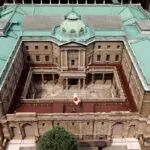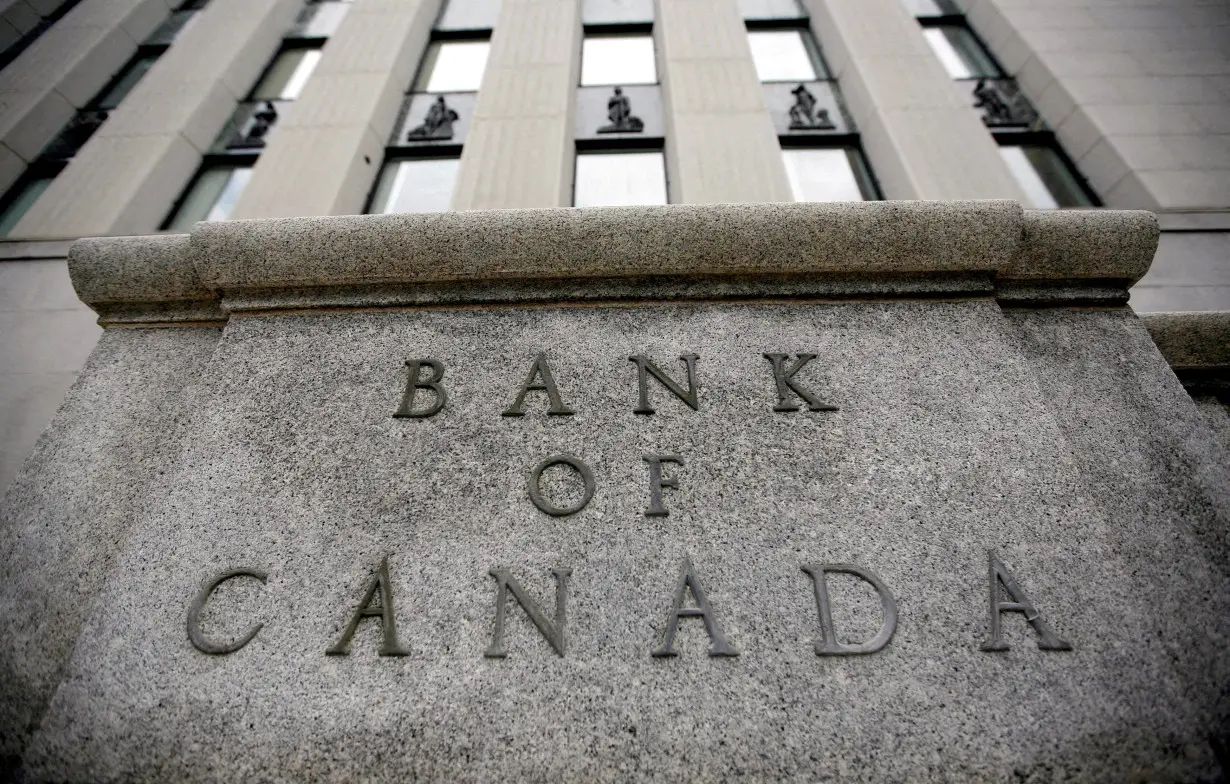By Rodrigo Campos and Sumanta Sen
NEW YORK (Reuters) - The Bank of Japan hiked its key interest rate for just the second time since 2007 and the Bank of Canada cut rates for the second month in a row, while the U.S. Federal Reserve stayed put in July.
Among emerging economies, July saw Russia's central bank hike its benchmark rate by 200 basis points (bps) to the highest level in over two years, while Colombia's 50 bps cut was the largest last month, with China and Hungary also lowering rates.
Five of the central banks overseeing the 10 most heavily traded currencies held meetings in July, with Japan hiking rates to 0.25% and Canada easing another 25 bps to reach 4.5%.
The Bank of England cut interest rates on Thursday in a narrow vote by 25 bps to 5% - the first move of the August tally.
The U.S. Fed, the European Central Bank, and the Reserve Bank of New Zealand held rates steady in July, with the Fed and RBNZ leaving the door open to rate cuts in the near future, data depending.
This year through July, developed economies posted a total of 35 bps in hikes, all out of Japan, while six rate cuts elsewhere have amounted for 150 bps in policy easing.
A rate cut of at least 25 bps is fully priced in for the Fed's September meeting after Chair Jerome Powell said it could come as early as next month, with the Fed focusing equally on lowering inflation and its full employment mandate.
"With the likely timing and size of the first (Fed) cut well communicated, the tougher question becomes the pace of cuts thereafter," said JPMorgan's Michael Feroli in a client note.
"So the shift in risk balance should clear the way not only for the first ease but potentially a long series of eases."
Thirteen out of the Reuters sample of 18 central banks in developing economies held rate-setting meetings in July, with Colombia, Hungary, and China combining for a total of 85 bps in cuts. Only Russia hiked and the other nine left rates unchanged.
Chile was among those staying put, opting not to cut rates for the first meeting in nine.
"We see risks to our near-term policy rate path as skewed toward the possibility of just one, rather than two, cuts over the rest of the year," said Goldman Sachs' Sergio Armella in a note.
The latest moves in emerging markets took the tally of cuts since the start of the year to 1,260 bps across 26 moves. Total hikes over the same period stood at 975 bps in four actions, with Russia joining previous hikers Turkey and Indonesia.
(Reporting by Rodrigo Campos, graphics by Sumanta Sen, editing by Christina Fincher)

 Michigan strips two clerks in small town of election duties over hand count plan
Michigan strips two clerks in small town of election duties over hand count plan
 What you need to know about the 2024 US presidential election
What you need to know about the 2024 US presidential election
 BOJ to keep rates steady as politics muddles outlook
BOJ to keep rates steady as politics muddles outlook
 IMF board approves Kenya's reviews, unlocking access to $606 million
IMF board approves Kenya's reviews, unlocking access to $606 million
 Siemens to buy engineering software firm Altair for $10.6 billion
Siemens to buy engineering software firm Altair for $10.6 billion
 Accuser of Sean 'Diddy' Combs cannot remain anonymous, judge rules
Accuser of Sean 'Diddy' Combs cannot remain anonymous, judge rules
 ‘Emily in Paris’ star Lucas Bravo mulling exit from show because he’s ‘frustrated’ with his character’s direction
‘Emily in Paris’ star Lucas Bravo mulling exit from show because he’s ‘frustrated’ with his character’s direction
 Second gambler admits trying to cash in on scheme involving ex-NBA player Jontay Porter
Second gambler admits trying to cash in on scheme involving ex-NBA player Jontay Porter

